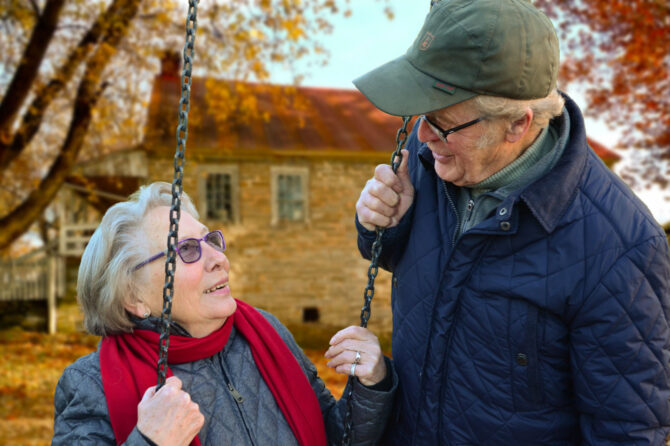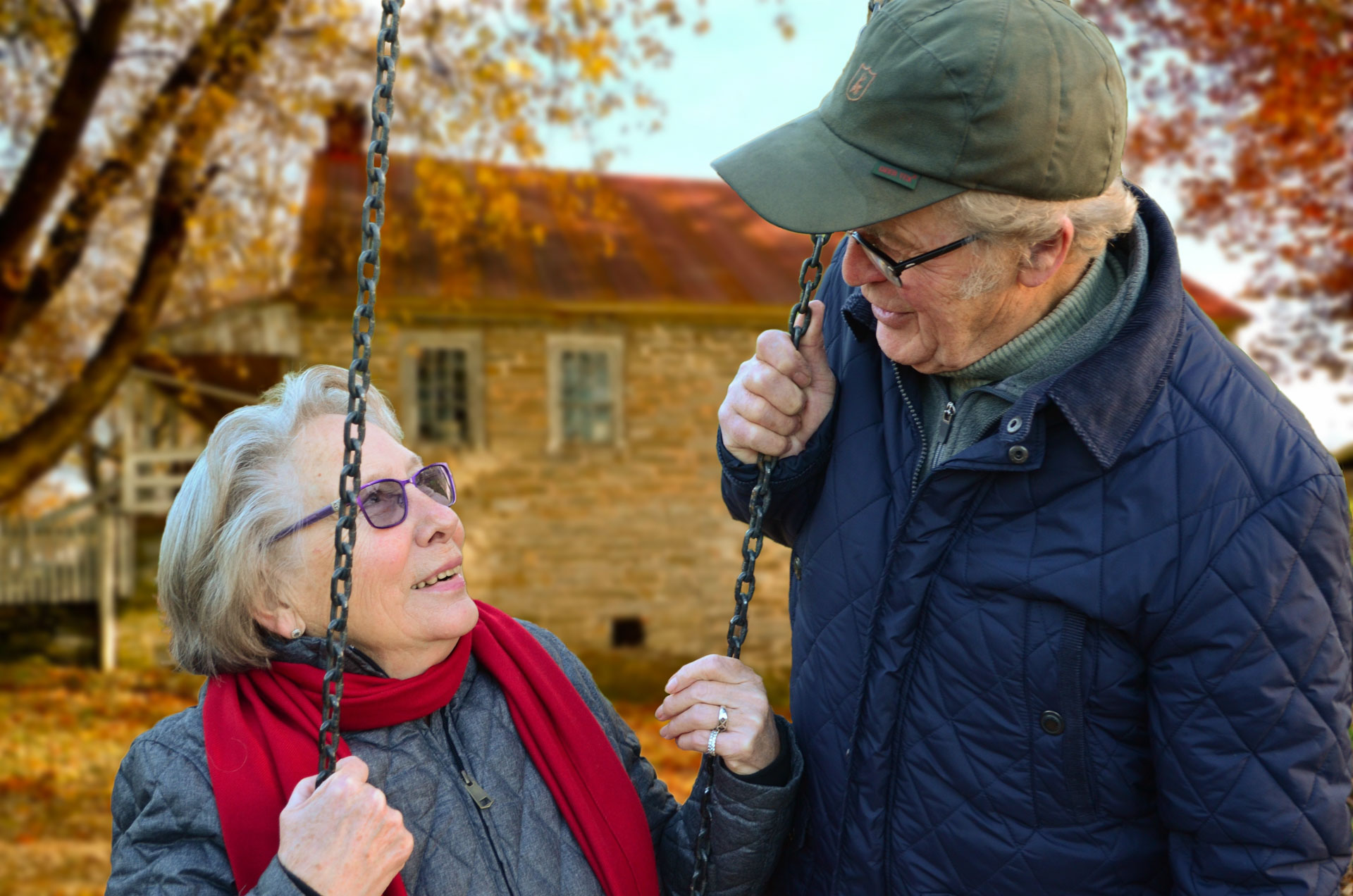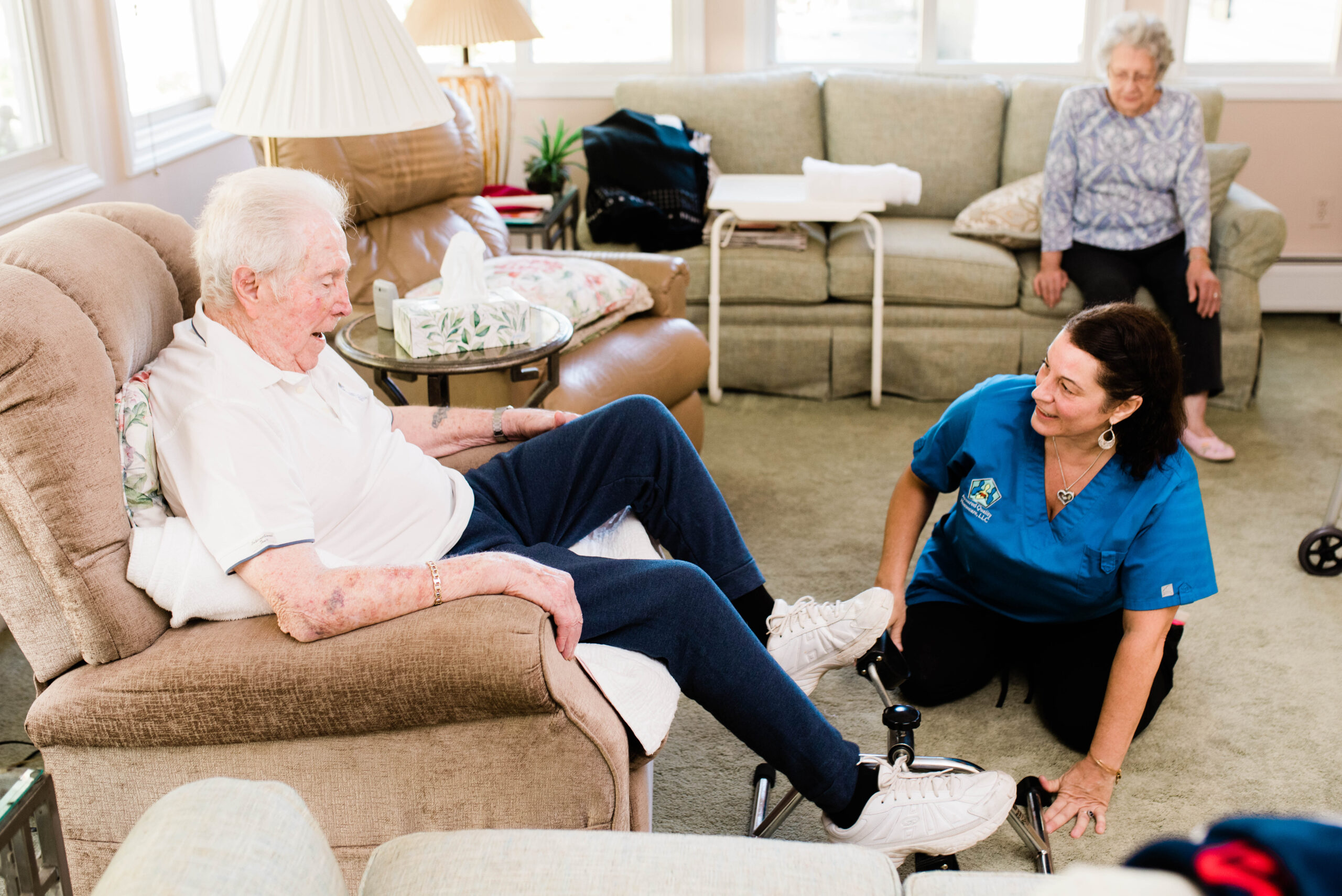
Preventing Elder Abuse and Neglect in Older Adults
As our parent’s age, a difficult transition begins. The people who were once our authority figures, the ones who fed us, took care of us and taught us right from wrong, become the ones we worry about and may one day need to provide care. It is the ultimate role reversal and one that most of us have an extremely difficult time making.
As a child of an aging parent, the struggle is to navigate this path of identifying the right solution for your parent to be safe at home. If you have determined that your parent need help, you have already crossed the threshold and are on the road to making the right choice.
However, taking care of an aging parent is tricky to navigate and you can easily find yourself in one, if not many, of the following situations…
- Dancing the delicate “dance” of trying to help them while still respecting their right to make choices for themselves.
- Experiencing the toll of being your parent’s primary caregiver on your personal, family, and work life.
- Revisiting issues that you and your parent agreed they would stop doing, but they continue doing anyways.
- Managing your parent’s affairs.
Whether they are in their own home, your house, or a retirement facility, you want peace of mind knowing they are safe, well cared for, and comfortable, and that’s why we have to talk about elder abuse and its risks.
Elder abuse happens to seniors of every socioeconomic and health status and increases when an older adult is dependent on others due to mobility changes, dementia, or other disabilities. That is why it is essential for us to put Elder abuse on our individual radars. Particularly because elder abuse is more common than we think.
Elder Abuse Is Real

According to the World Health Organization, Elder abuse is a significant public health problem. A 2017 study, estimated that, over the past year, 15.7% of people aged 60 years and older were subjected to some form of abuse.
The World Health Organization defines elder abuse as “a single, or repeated act, or lack of appropriate action, occurring within any relationship where there is an expectation of trust which causes harm or distress to an older person.”
Those who cause harm or distress to seniors include men and women, family members, friends, and trusted neighbors, employees, and financial representatives. “As difficult as it might be to realize that an older person is being abused, it may be even more difficult for us to report it – we may fear that we’ve misunderstood a situation or are overreacting. Trust your instincts. If you suspect that something isn’t right, act,” says Samanta Roseme, RN BSN, CEO & Founder of Assured Quality Homecare.
The mistreatment of older people can take many forms, including physical, emotional, and sexual abuse, financial exploitation, and neglect. Though as many as 1 in 10 older people are abused each year, a majority of cases go unreported for many reasons, including a lack of social support needed to make reporting easier.
Warning Signs That Your Parent Might Be Suffering From Abuse.
Physical
Forms of elder abuse differ, but physical abuse is one of the most apparent. Bruises are warning signs that physical abuse may be occurring. Also, burns, scrapes, and weight loss are signs that your loved one may be being abused. Depriving the elderly of food and water is a way for abusers to take control. Also, physically making them be quiet or submit is a way to maintain that control.
Neglect
An elderly person may require some form of assistance, or they may live independently. When they require some form of assisted living – whether it be in a facility or with a live-in nurse – neglect is a risk. Poor hygiene, bedsores, and missed medication can be red flags for neglect. A bedridden person will need someone to bathe them, change bedpans/pads, and assist in daily tasks.
If a person has no history of falls or accidents, yet they start experiencing them all of a sudden, it may be because they are not being given their medication or because their caretaker is neglecting to take the necessary precautions to prevent falls from happening.
Sexual
Sadly, this is one form of abuse to which elderly people can become victims. If you find bruising on your loved one’s breasts or genital area, it is a red flag that the situation needs to be addressed. Most seniors have no means to fight back and at times are threatened not to say anything when sexual abuse occurs.
Emotional
An elderly parent’s emotional and mental state can be questionable at times. If your parent is usually outgoing and then becomes closed-off, this is a situation that should be looked into. Dementia and Alzheimer’s disease are sometimes blamed for a person’s emotional state when it may be due to abuse. Pay attention to their mannerisms; if anything feels “off,” trust your gut instinct and look into the situation.
Financial
Taking advantage of an elderly person’s finances can be done by caretakers, spouses, and children, among others. If they have a savings account or are collecting social security, they are targets. Pay attention to any changes in your loved one’s spending, changes in your loved one’s will or power of attorney, and pay attention if your loved one is suddenly giving away valuables.
What You Can Do
As a concerned Son/Daughter or family member, the following can help to prevent abuse of your parent or loved one.

- Call and visit as often as you can, helping your mom or dad confide in you and speak freely.
- Offer to stay with them so the family caregiver can have a break – this relieves any stress or anxiety the caregiver may have.
- Monitor the medications to ensure the amounts being taken correspond with the prescription dates.
- Watch for financial abuse by asking your parent if you can check their bank accounts and credit card statements for unauthorized transactions.
- Identify the warning signs of abuse or neglect and report it without delay.
The most important and unmistakable sign of elder abuse, regardless of the form it takes, is if your parent claim they are being abused. These claims need to be taken seriously. So it is crucial for us to be aware of these issues and take protective measures to minimize or eliminate the risk of abuse. As more baby boomers become seniors and require increasing levels of care, the number of people who are at risk of elder abuse will only continue to grow.

You may be at a point where you need to hire a home care agency to help care for your parents. If so, it is important that you find the right home care agency for your parents for their safety and your own peace of mind. We understand the challenges that come with that process, and why it is important to ask the right questions. With our Home Care Agency Interview Guide below, you can eliminate the confusion about what questions you should ask and be confident that you are making the right decision for yourself and your parents.
Resource:
If you notice that someone in your community is in immediate danger, it is up to you to call 911 or local police as soon as possible for help. For more information concerning elder abuse, contact the National Center on Elder Abuse (NCEA) at 1-855-500-3537, ncea-info@aoa.hhs.gov, or https://ncea.acl.gov
Leave a reply